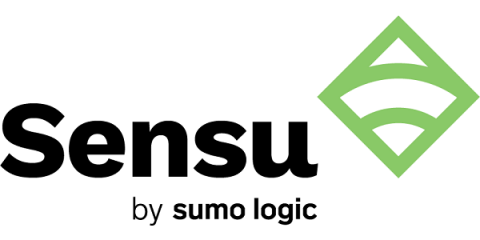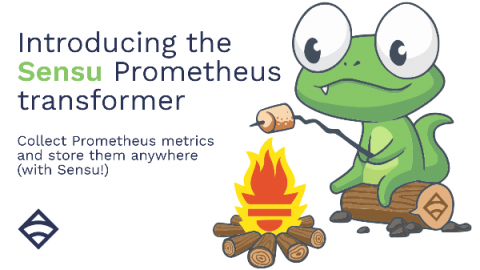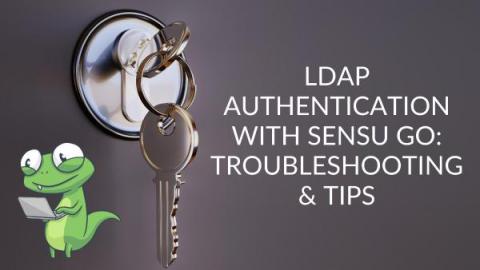Achieve comprehensive observability with Sensu and Elasticsearch
Elasticsearch is a great platform for any data lake initiative, and ideal for analyzing your monitoring and observability data. But if you’re working with a number of different monitoring and observability tools, especially across multiple cloud environments, you might find it challenging to get all your data into Elasticsearch.









